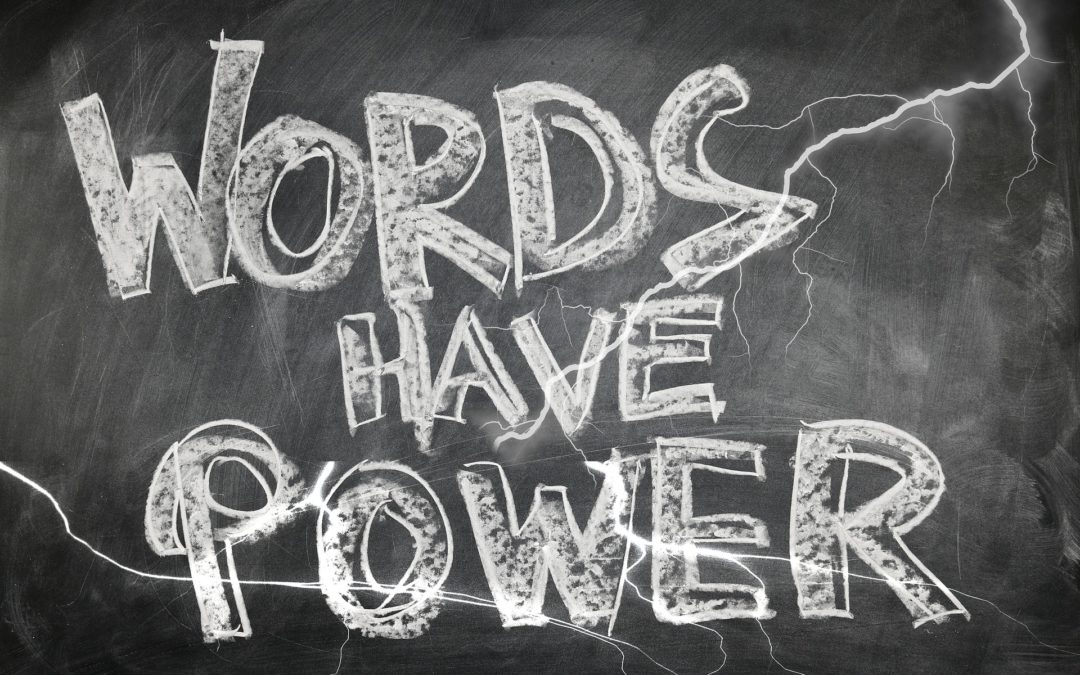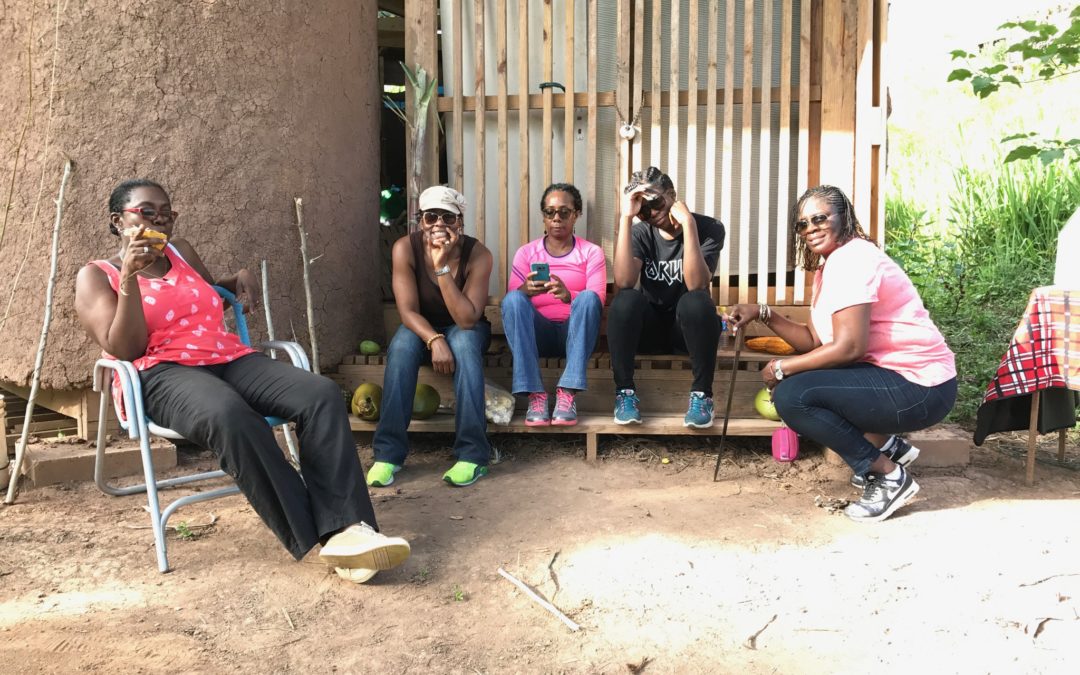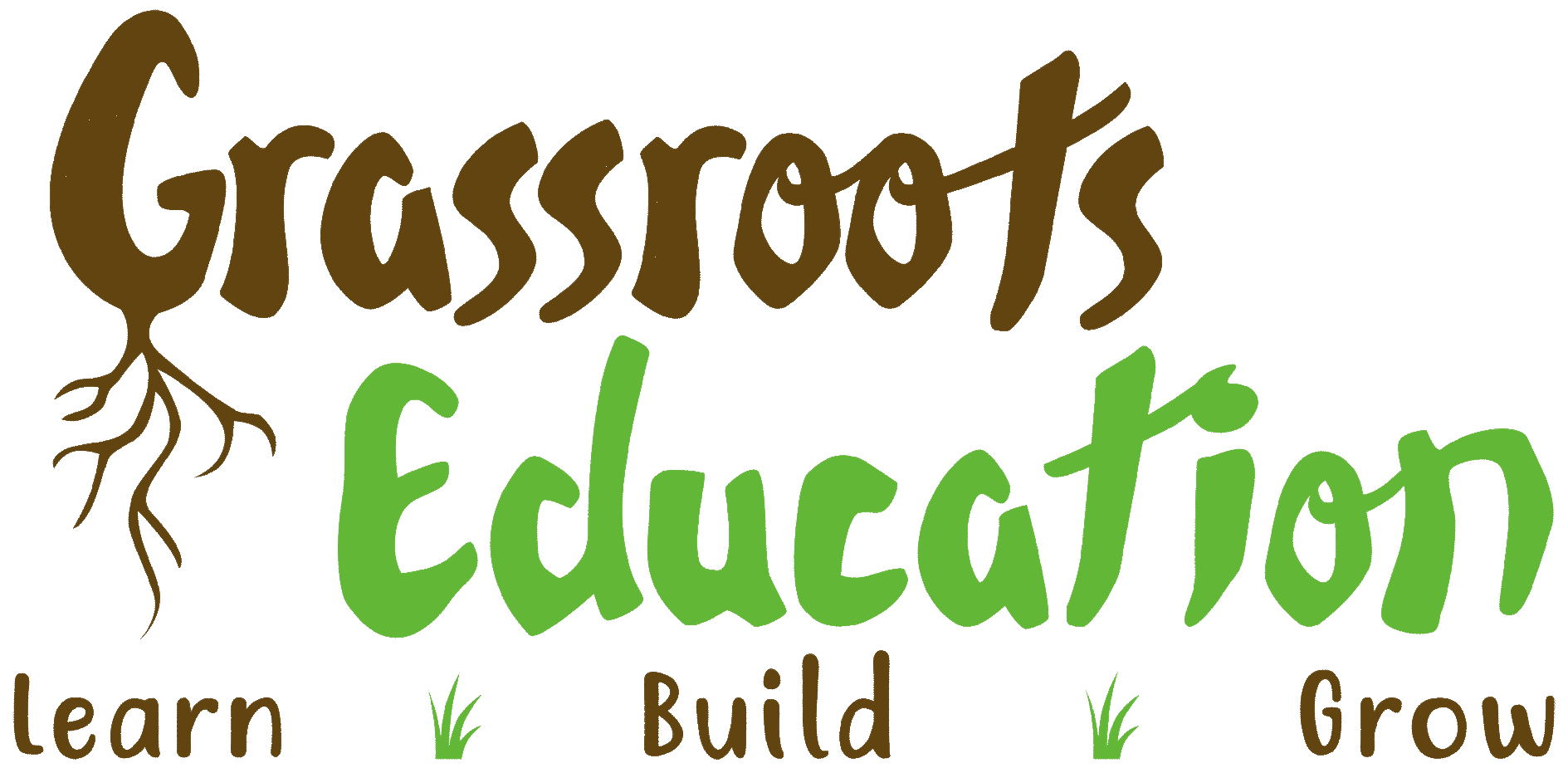
by Marcia Davis-Dawkins | Nov 14, 2017 | Education, Kids, Parents
The Power of Words
By Dr. Marcia Davis-Dawkins
Growing up, I was often compared to many, including and especially to, one of my siblings. What is interesting about this situation is that I am the first of six. This meant that the comparison stung more than others because I should have been the one who served as the role model for my siblings.
Self-Confidence 
My self-confidence has been on a roller coaster ride to the extent that in my youth, many adult mentors chose to underscore my faults rather than encourage my proficiencies and potential. In other words, my accomplishments during those years were not expressed as ‘achievements,’ but rather any minute negative was highlighted, emphasized and broadcast to the world.
There is a very well- known verse in the bible that highlights the fact that there is life and death in the power of the tongue (Prov. 18:21 NIV). By extension, Deuteronomy 30:19 encourages the former, saying that we should choose life. Accordingly, when we speak to others, our words should speak life, not death. This way of life also has great rewards.
Another encouragement passed down through generations is “If you don’t have anything good to say, don’t say it!” Speak life to yourself and your students.
Rise above the negative utterances people have to say, and ensure that they do not bear fruit or are repeated. Only repeat words that are true and positive.
My heritage molded who I was destined to be, but I had to change my mindset from the consistently negative words inadvertently hurled at me so I could become prosperous and productive.
Like many things, change is difficult. I realize however, that there is the opportunity to be a beacon of hope for others to whom I am exposed. Self-motivation contributed significantly to my ability to spread the good news to my students. Justice Clarence Thomas once said, “The old man Can’t is dead, I helped to bury him.” In fact, I have those words hung in my room so that my students can share the experience. I have even had some of my students perform the burial of Mr. Can’t! I have literally seen the difference. I want them to treasure education just like a hungry man treasures food. I want my students to see learning/education as a way to grow – the same way food helps them grow. They can develop through education that will take them places. I find that often, the students give up too easily, and if I can encourage them positively through my words and my actions, then they will start to believe in themselves.
HOME

by Marcia Davis-Dawkins | Nov 7, 2017 | Education, Kids, Parents
 “A friend in need is a friend indeed!” I have been both privileged and blessed to have the same set of friends for over forty years! To me, that is an amazing accomplishment. I know that if I were to look up the definition of friendship, I would find words such as trust, loyalty, and support. According to Maslow’s Hierarchy of Needs, we all need to belong. We all need someone with whom to identify. We all long to be a part of something more considerable than ourselves, whether it be a family, a clique of friends, a religion, a group of co-workers, a choir, or unfortunately, even a gang. The idea is that we want to be an important part of something greater. Sometimes we yearn to belong to a group so we can cover our emotional pains. We hunger to know that people care about us, because in many ways, love heals. Friends protect us from being lonely, and comfort us when we are down and discouraged. Friends are also supportive and encourage fulfilling and rewarding conversations.
“A friend in need is a friend indeed!” I have been both privileged and blessed to have the same set of friends for over forty years! To me, that is an amazing accomplishment. I know that if I were to look up the definition of friendship, I would find words such as trust, loyalty, and support. According to Maslow’s Hierarchy of Needs, we all need to belong. We all need someone with whom to identify. We all long to be a part of something more considerable than ourselves, whether it be a family, a clique of friends, a religion, a group of co-workers, a choir, or unfortunately, even a gang. The idea is that we want to be an important part of something greater. Sometimes we yearn to belong to a group so we can cover our emotional pains. We hunger to know that people care about us, because in many ways, love heals. Friends protect us from being lonely, and comfort us when we are down and discouraged. Friends are also supportive and encourage fulfilling and rewarding conversations.
As an educator, it is my duty to teach my students how to care, one of the most important functions of being a good friend. I can do this through several areas, one of which is simply to know my students’ names. Some teachers find this task daunting, especially when assigned a roster of nearly one hundred students. But just as the time cultivating friendships in our personal lives reaps rewards, so will learning the children’s names. This sends the message to them that they are important, that we recognize them as individuals, and that they matter. It also builds a sense of community within the classroom. Not to do so makes we educators appear disinterested and unapproachable. Accordingly, why should the class be interested in us and more so, what we teach, when they don’t feel valued and recognized?
A caveat should be offered here, however. Students need teachers who inspire them to grow and be more than they are today, not an imitation of their current selves. Some teachers, in a misguided effort to be “friends” with their students, dress and act like their students. A true teacher/friend remains clearly adult, promoting learning and offering insight.
Another way of showing that we care is to demonstrate compassion. Some people believe that a compassionate classroom lacks academic rigor, but it is just the opposite. When students feel that they belong and are genuinely cared about, they are more likely to take on challenges. They know that even if they fail, they will be buoyed by support and encouragement. Methods such as short conversations and kneeling down next to a student for discussion while making eye contact garner far better results than yelling and looming menacingly overhead. By showing compassion, the student will eventually reciprocate that same behavior, to fellow classmates and friends alike. Just as we don’t write off our friends after a small disagreement, we should also have a forgiving heart with our students. Each day starts with a clean slate, and we never know how that simple act of thoughtfulness can impact a student’s life.
HOME
Determination and Perseverance

by Marcia Davis-Dawkins | Oct 22, 2017 | Parents
Parental Involvement and Students’ Success
By Dr. Marcia Davis-Dawkins
The African proverb “It takes a village to raise a child” has often been quoted over time. The notion of “a village” refers to the communal help of bringing up the child in a society. It also highlights the onus of raising a child as being partly on the members of a community, including schools. Accordingly, a child’s upbringing is therefore a collaborative effort, and not solely the responsibility of the parents. The African proverb can be confusing, as well as controversial, since in the 21st century, community members would prefer not to get “involved” in parental duties.
The question might be asked: do parents really know what being involved means? The answer: probably not. As such, it means that administration and staff could consider doing more to communicate with parents about opportunities to become involved in their children’s education. Some parents might think that just helping students with homework means they are being involved. Others might feel that if they attend a school function, that’s being involved. They (administration and staff) could consider how to work with parents to help them become involved in more ways. They should consider becoming more open and creative as they search with parents for ways to work around the obstacles parents have in being involved in their children’s education.
Why are the parents not being involved? They might think, based on their culture that just transporting their students to school constitutes involvement. They may believe that school personnel consider anything more as” meddling.” The school personnel (administration and staff) must seek guidance from parents as to what would allow them to become more involved in children’s education. After a collection of responses, the administration and staff could work with parents in a variety of ways to review all the data and develop a plan for what should be done to improve parental involvement. These efforts would take some weeks or even months to complete.
Parental involvement should and could include the use of interpreters, day/night/weekend meetings, and workshops. Parents can be involved by helping students with homework, volunteering for school activities, attending and participating in PTA meetings, attending Back to School Night, attending teacher/parent conferences, replying to the student’s teacher’s emails or phone calls. Parents can also volunteer to be a class parent, assist with extra curricular activities, participate in Fundraising Event, Reading Partner Program, become a class adviser, start a Community Book Club, attend Board of Education Meetings, Chaperone Field Trips.
Parental involvement helps to foster an encouraging school climate and it sends a message to the students and administration that parents care about their students and want them to succeed. It can also reduce or eliminate negative behaviors and students will feel a sense of pride knowing that their parents are involved and at times learning also. This definitely encourages students since at times the skills that are being taught in Math for instance, are new to the parents.




 “A friend in need is a friend indeed!” I have been both privileged and blessed to have the same set of friends for over forty years! To me, that is an amazing accomplishment. I know that if I were to look up the definition of friendship, I would find words such as trust, loyalty, and support. According to Maslow’s Hierarchy of Needs, we all need to belong. We all need someone with whom to identify. We all long to be a part of something more considerable than ourselves, whether it be a family, a clique of friends, a religion, a group of co-workers, a choir, or unfortunately, even a gang. The idea is that we want to be an important part of something greater. Sometimes we yearn to belong to a group so we can cover our emotional pains. We hunger to know that people care about us, because in many ways, love heals. Friends protect us from being lonely, and comfort us when we are down and discouraged. Friends are also supportive and encourage fulfilling and rewarding conversations.
“A friend in need is a friend indeed!” I have been both privileged and blessed to have the same set of friends for over forty years! To me, that is an amazing accomplishment. I know that if I were to look up the definition of friendship, I would find words such as trust, loyalty, and support. According to Maslow’s Hierarchy of Needs, we all need to belong. We all need someone with whom to identify. We all long to be a part of something more considerable than ourselves, whether it be a family, a clique of friends, a religion, a group of co-workers, a choir, or unfortunately, even a gang. The idea is that we want to be an important part of something greater. Sometimes we yearn to belong to a group so we can cover our emotional pains. We hunger to know that people care about us, because in many ways, love heals. Friends protect us from being lonely, and comfort us when we are down and discouraged. Friends are also supportive and encourage fulfilling and rewarding conversations.